“I invite all Christians to live our present time with gratitude, hope, and communion,” Bishop Carlassare says, and appeals, “We must bond together in a comm-unity of faith and charity. Only in this way can we be a prophetic presence for others.”
He continues, “Togetherness invites us to reflect upon the identity of each person which is also made up of the collective identity of so many people who came to meet and impact their life.”
“There is no person that can stand alone. We should all stand together and contribute to the betterment or decline of our community and culture,” the Local Ordinary of Rumbek Diocese further says, and adds, “We are coming together in the Church, the family of God because of the love of Christ.”
The Catholic Church leader who has been at the helm of Rumbek Diocese since his Episcopal Consecration on 25 March 2022 continues, “Are we moved by his love, ready to journey and open a new path, a new way of doing things to renew our culture and society.”
“We cannot attain anything good unless we have set off to walk the narrow path and carried the cross altogether,” he says, and adds, “Maybe it’s a dream but it’s important to dream together; by ourselves, we risk seeing things that are not there.”
(Story continues below)
Bishop Carlassare underscores the need for togetherness, saying, “Unity is a gift and responsibility that the body will do it for us unless we commit ourselves to protect the bond of fraternity that we have in Christ.”
“Any division, discord or misunderstanding doesn’t come from God but from our worldly mentality because love is an expression of tolerance which is accepting and bearing with one another,” the 45-year-old Catholic Bishop says.
The attitude of love, he adds, “makes the Church an open welcoming space, a place where there is no room for fanaticism and partisan grouping which are by the nature intolerant and restless.”
“The community is instead the place of impartiality and openness in the name of love,” the member of the Comboni Missionary says in his February 25 Lenten Pastoral Letter titled, “Walking Together as a Family of God”.
He continues, “In the broken society, family can heal the wound of disunity, hatred and violence. Family ties are indeed very strong in our cultural context although it may divide people of different families, clans or tribes.”
“How beautiful it is when we understand ourselves as part of a greater family which doesn’t know discrimination or exclusion and where all people can feel at home,” Bishop Carlassare says.
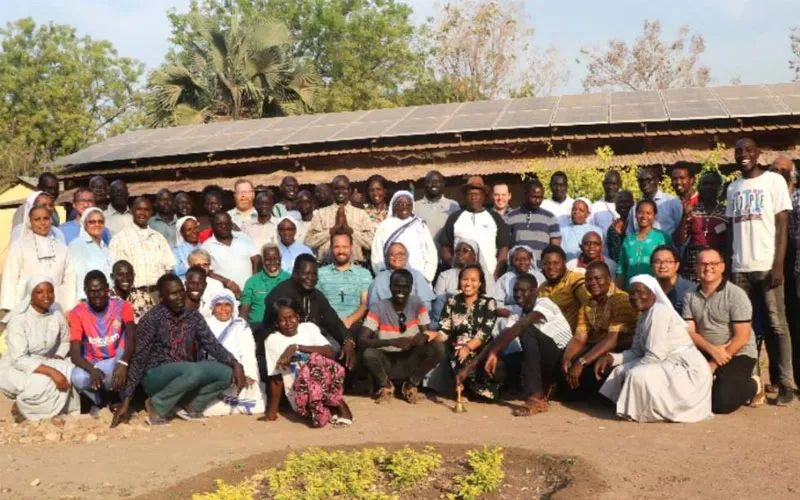 Credit: Fr. Wanyonyi Eric Simiyu, S.J.
Credit: Fr. Wanyonyi Eric Simiyu, S.J.
He adds, “The Church is called to be an expression of inclusiveness and communion by producing that transformation within ourselves, our social interaction, and our environment.”
Bishop Carlassare calls on the people of God in his Episcopal See to take into account deliberations during the February 20-26 Diocesan Pastoral Assembly.
He says, “Take up the action plan of the Diocesan pastoral assembly among the many good things they are doing.”
“Let’s focus on the priorities that have been highlighted and the resolutions that are proposed,” he says in his February 25 Lenten Pastoral Letter shared with ACI Africa.
ACI Africa was founded in 2019. We provide free, up-to-the-minute news affecting the Catholic Church in Africa, giving particular emphasis to the words of the Holy Father and happenings of the Holy See, to any person with access to the internet. ACI Africa is proud to offer free access to its news items to Catholic dioceses, parishes, and websites, in order to increase awareness of the activities of the universal Church and to foster a sense of Catholic thought and culture in the life of every Catholic.
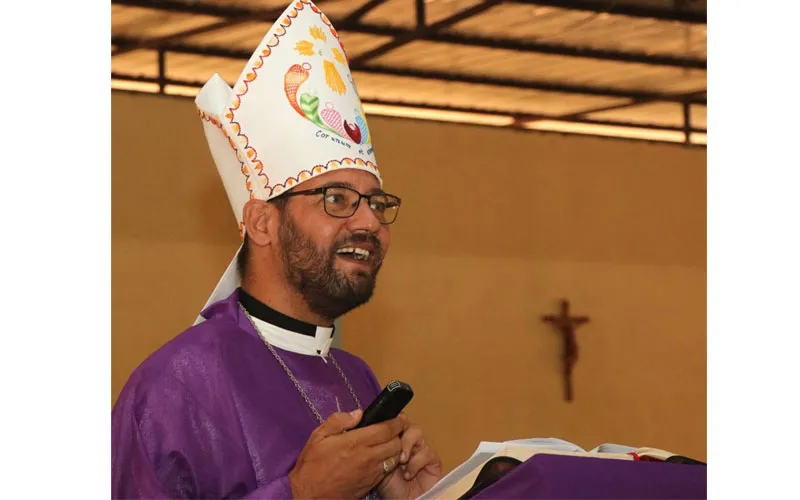 Credit: Fr. Wanyonyi Eric Simiyu, S.J.
Credit: Fr. Wanyonyi Eric Simiyu, S.J.



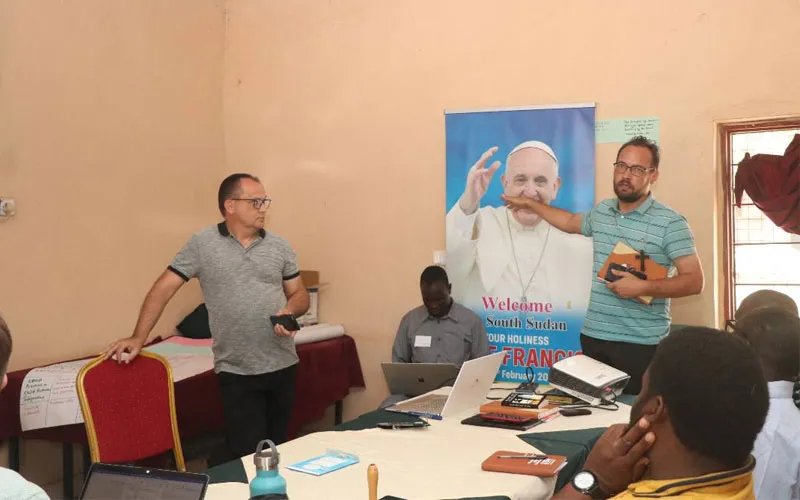 Credit: Fr. Wanyonyi Eric Simiyu, S.J.
Credit: Fr. Wanyonyi Eric Simiyu, S.J.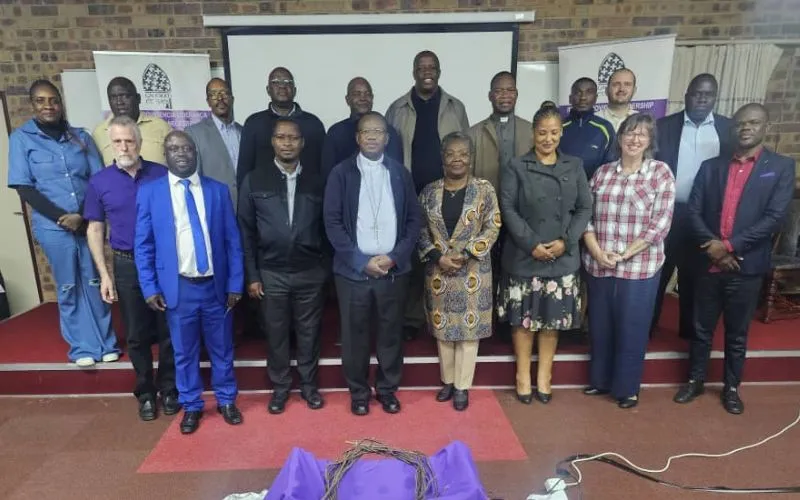
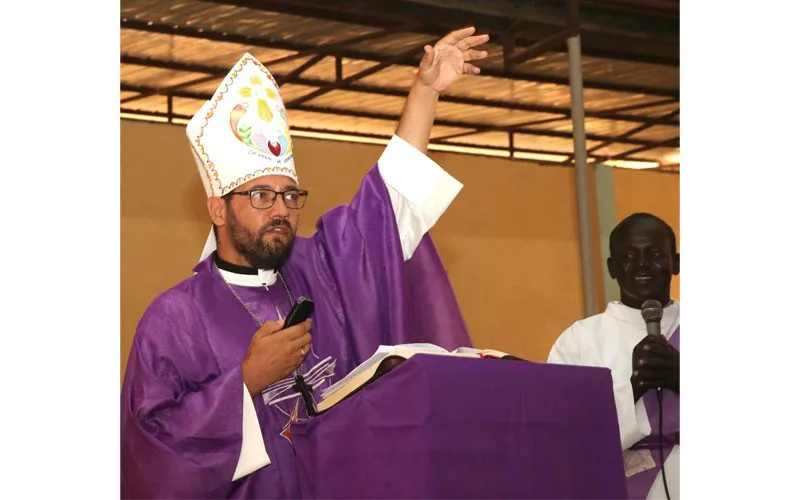 Credit: Fr. Wanyonyi Eric Simiyu, S.J.
Credit: Fr. Wanyonyi Eric Simiyu, S.J. Credit: Fr. Wanyonyi Eric Simiyu, S.J.
Credit: Fr. Wanyonyi Eric Simiyu, S.J.


